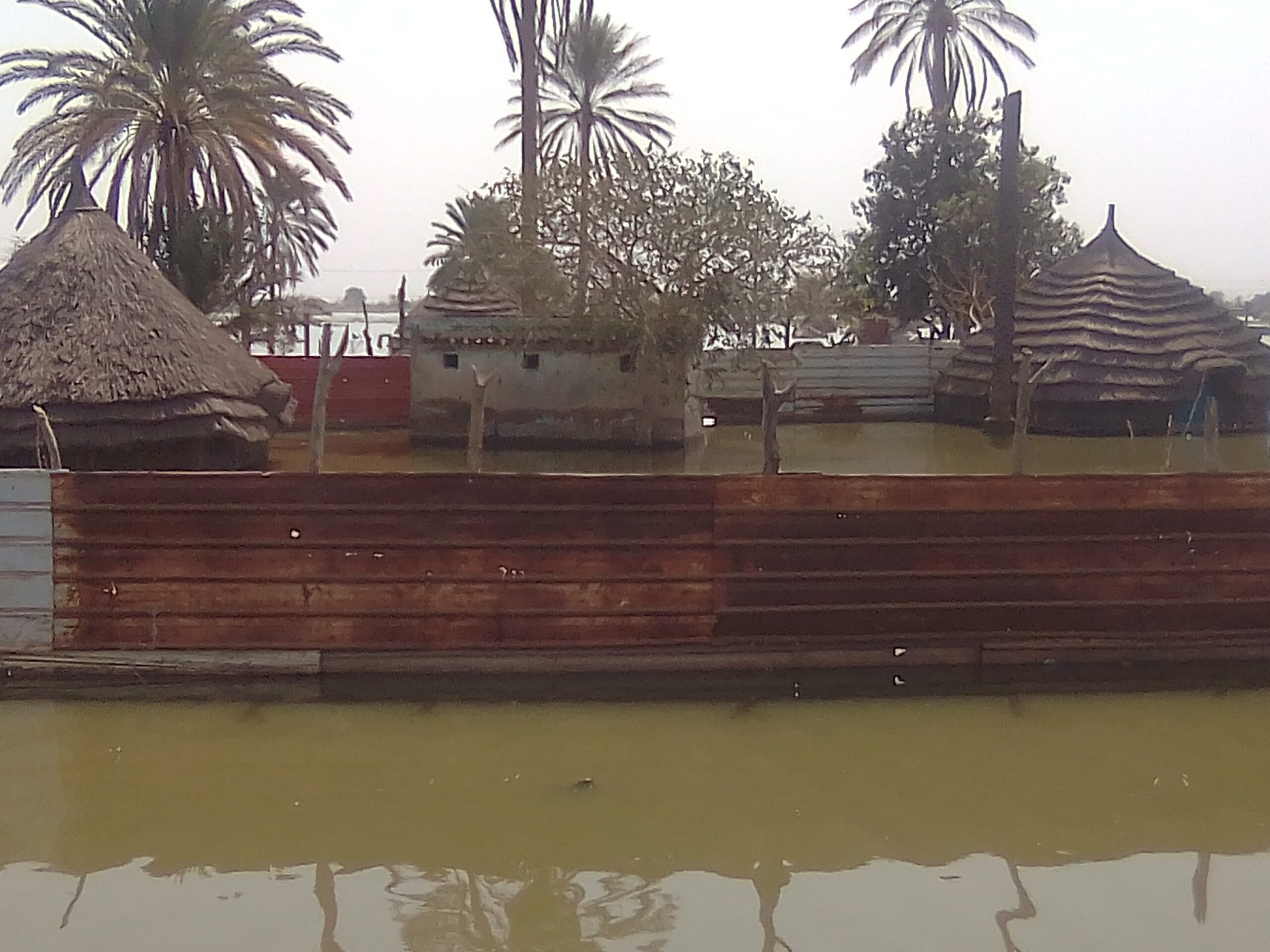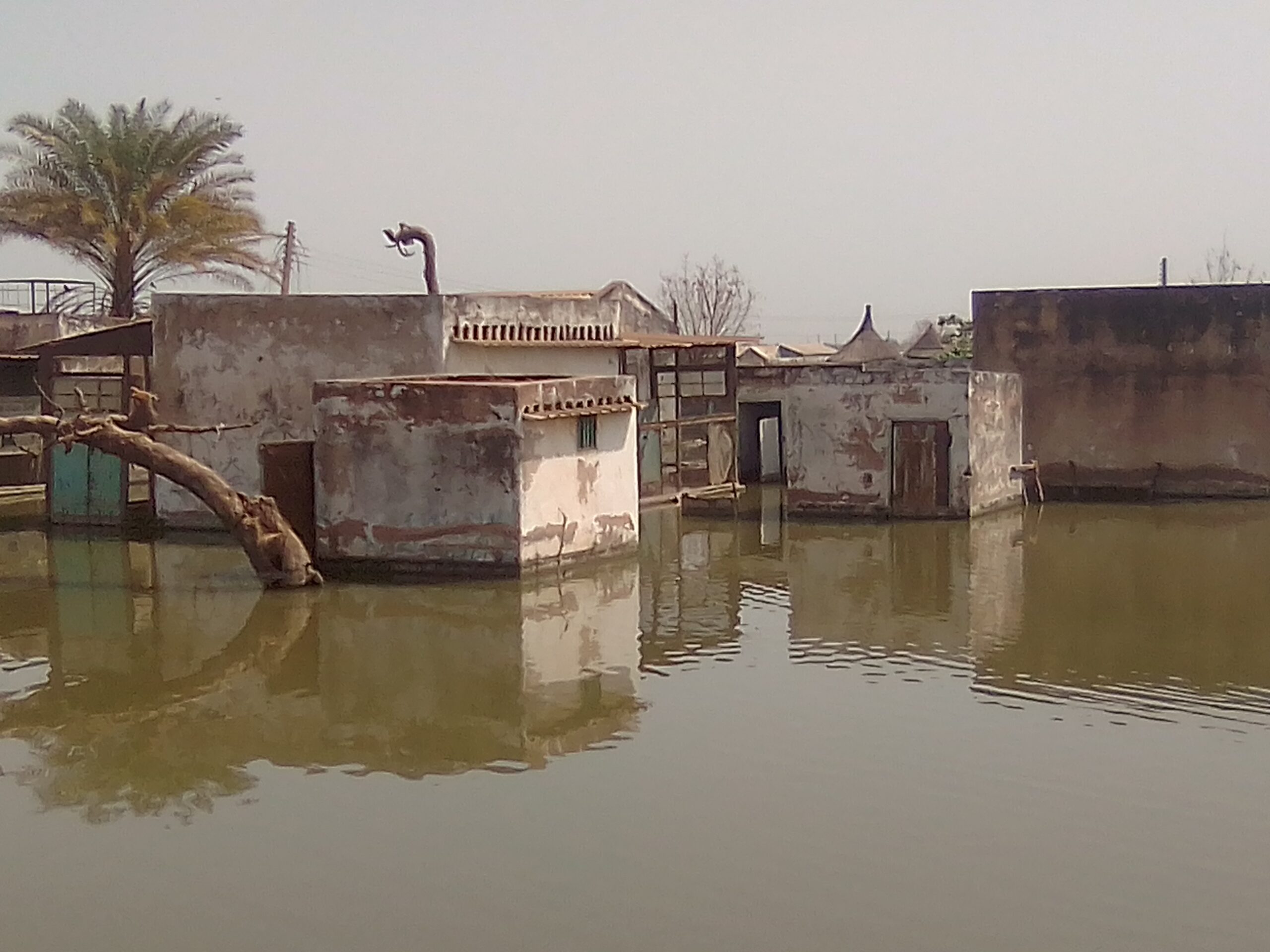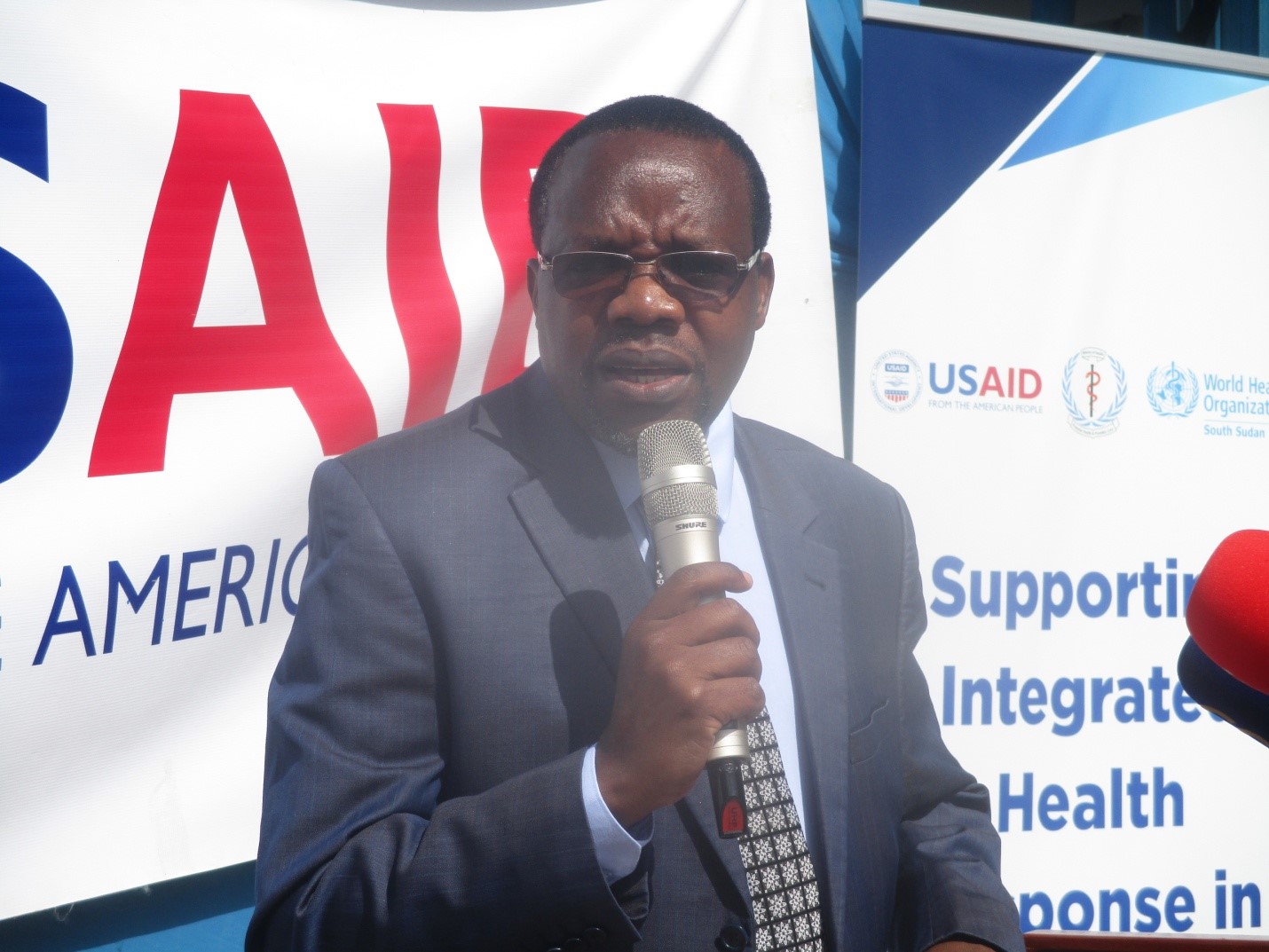
Hepatitis E threatens health in South Sudan’s Unity State

By Chondok Stephen Magei
Stemming from floods that have failed to recede, communities in South Sudan that have been forced to flee continue to lack amenities including in the health sector.
In Unity State, in a region that have faced many setbacks since independence including devastating floods, Hepatitis E is emerging as a real threat to the lives of the people.
Latrine coverage in the state is to a minimal with many washed away by floods, increasing the risk of the disease as roving communities defecate in the open including in the flood water.
Increase in infection is rapid due to contaminated water points, a Clinical Officer with the United Nation’s International Organisation for Immigration, Dr. John Met, told Juba Echo in an interview in the capital Bentiu.
In January, IOM conducted an awareness campaign on Hepatitis E, moving from door to door in the high-risk flood areas of Rubkhona, Bentiu IDP settlement and Bentiu town.
Met said the aim of the campaign was to mitigate a rise in infections.
“The deterrence of Hepatitis E relies primarily on good sanitation and the availability of clean drinking water,” Met said.
“Boiling and chlorination of water will inactivate Hepatitis E,” he said.
“To limit the outbreak of Hepatitis-E, one of the best ways is prevention, prevention is better than cure.”
The floods in South Sudan, said to be the worst since the 1960’s came on the back of a crisis that had already eroded the livelihoods of the people.
That crisis which began in 2013 left 400,000 people dead, displaced four million others and led to economic chaos.
A 2018 peace agreement pacified the country to allow people to go about their duties.
But as the floods hit, people who were returning home to rebuild their lives had to flee again in the face of advancing waters, running with barely anything on their hands in cramp in very little spaces on higher ground, overwhelming provisions including health services.

The waters still stand high and providing breeding ground for the virus.
“We have recorded more than 70 cases of Hepatitis-E this month,” the acting Director General in Unity State, Dr. Elijah Makuey Guol, told Juba Echo.
“In January, February, the Ministry of Health recorded 230cases of hepatitis-E in six counties especially in greater Rubkona, Leer, Koch and Mayom county,” Guol said.
He said the State government has discussed with humanitarian partners and now MSF Holland is ready to carry out hepatitis-E vaccination in the first week of April.
Hepatitis E is inflammation of the liver caused by the hepatitis E virus (HEV).
The virus is shed in the stools of infected persons and enters the human body through the intestine.
It is transmitted mainly through contaminated drinking water. The infection is usually self-limiting and resolves within 2–6 weeks but occasionally a serious disease known as fulminant hepatitis (acute liver failure) develops, which can be fatal.
And even if the MSF Holland vaccinate people, the communities need to uphold clean sanitation standards to mitigate the virus.
Martha Nyahoth Wuor, a 20-year-old girl who recovered from hepatitis-E in Bentiu IDP camp believes people must ensure a clean hygiene to stop the virus spread.
Martha Nyahoth Wuor said she has recovered from hepatitis-E after three months in MSF hospital for medication.
“I have recovered from hepatitis-E now after I was in hospital for three months treatment,” Wuor told Juba Echo.
“I contracted this hepatitis-E because I washed my clothes in the drainages at the Bentiu IDP camp,” she said.
“I will not use this contaminated flood water to wash my clothes again because they are more of hepatitis E.”


































